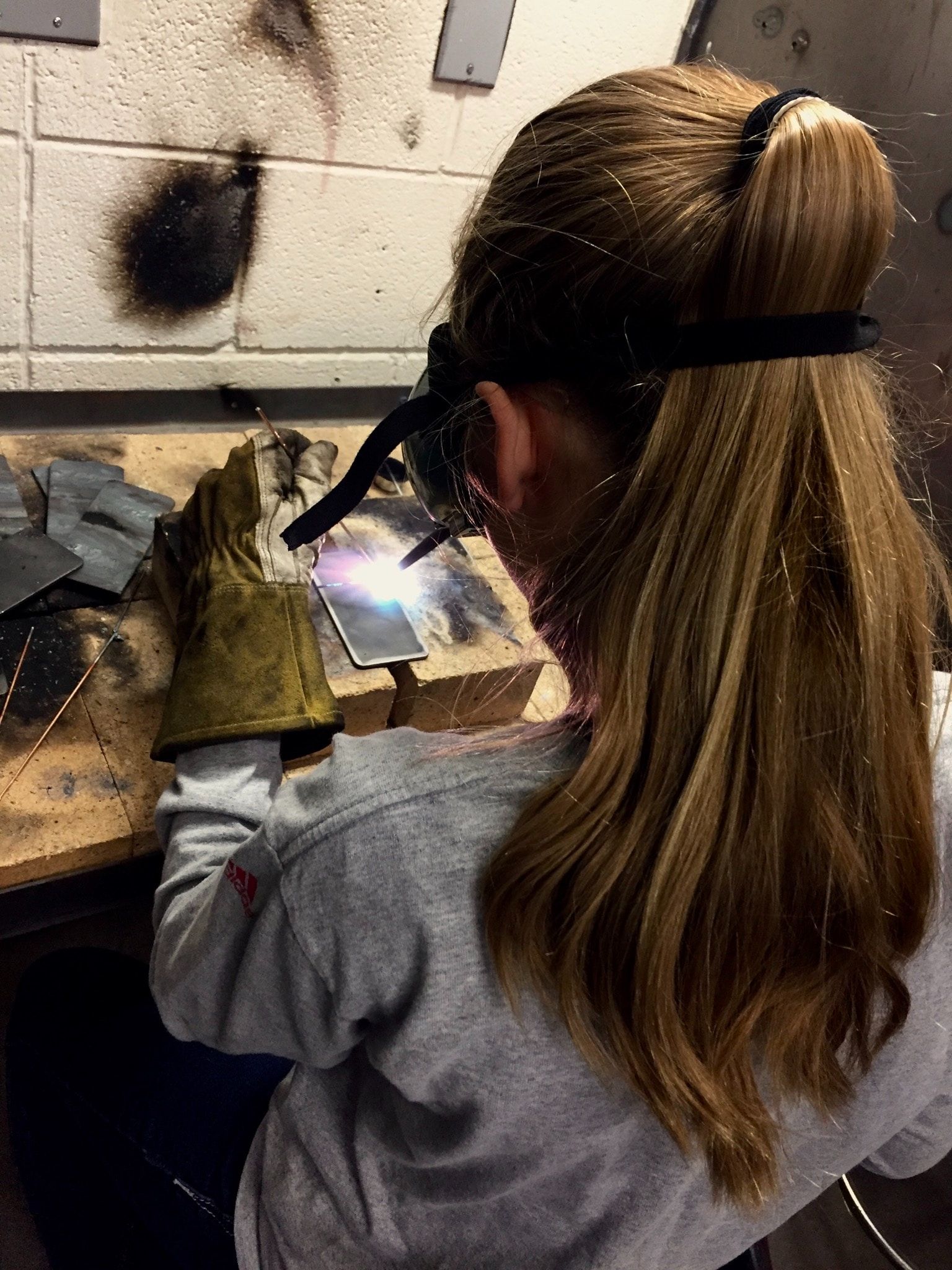Introduction
In the world of skilled trades, welding has always held a prominent place, and today, it remains a crucial profession across various industries. The demand for skilled welders continues to grow, and as we delve into the current state of the job market for welders, it becomes evident that their future prospects are brighter than ever. In this article, we will explore the reasons behind this trend, the diverse opportunities available, and what aspiring welders can do to thrive in this field.
The Robust Demand for Welders
The job market for welders is experiencing a surge in demand, and several factors contribute to this growth:
1. Infrastructure Development: Governments worldwide are investing heavily in infrastructure development projects, including bridges, highways, and public transportation. These projects require a skilled workforce of welders to ensure structural integrity and safety.
2. Manufacturing Renaissance: The manufacturing sector is undergoing a resurgence, driven by advancements in technology and automation. Welders play a vital role in fabricating and assembling components for industries such as aerospace, automotive, and electronics.
3. Renewable Energy: The transition to renewable energy sources, like wind and solar power, has led to an increased need for welders in manufacturing and assembling components for clean energy systems.
4. Oil and Gas: Despite the global push for renewable energy, the oil and gas industry still relies heavily on welding professionals for maintaining and repairing infrastructure, pipelines, and offshore platforms.
5. Aging Workforce: Many skilled welders are nearing retirement age, creating a significant skills gap. This gap presents opportunities for new welders to enter the workforce and advance quickly.
Diverse Career Opportunities
Welding is a versatile profession with a wide range of career opportunities:
1. Structural Welding: Structural welders work on large-scale projects like bridges, buildings, and industrial facilities. They ensure the integrity and safety of these structures.
2. Pipeline Welding: Pipeline welders are in high demand for the construction and maintenance of oil and gas pipelines. This field offers competitive wages and travel opportunities.
3. Manufacturing Welding: Welders in manufacturing contribute to the production of everything from automobiles to consumer electronics. This sector offers stability and opportunities for specialization.
4. Aerospace Welding: The aerospace industry relies on precision welding for aircraft and spacecraft components. This niche requires high levels of skill and attention to detail.
5. Underwater Welding: Underwater welders are responsible for welding and repairing structures in marine environments, including offshore oil rigs and underwater pipelines.
6. Entrepreneurship: Experienced welders can choose to start their own welding businesses, taking on projects independently or with a team of skilled welders.
How to Thrive as a Welder
To succeed in the competitive job market for welders, aspiring professionals should consider the following steps:
1. Education and Training: Pursue formal education and training in welding, either through a trade school, vocational program, or apprenticeship. Develop proficiency in various welding techniques and materials.
2. Certification: Obtain relevant certifications, such as those from the American Welding Society (AWS) or other recognized bodies. Certification demonstrates your expertise and commitment to quality.
3. Continuous Learning: Stay up-to-date with the latest welding technologies and techniques through workshops, seminars, and online courses.
4. Networking: Build a professional network within the welding community. Attend industry events, join online forums, and connect with experienced welders for advice and mentorship.
5. Safety: Prioritize safety in your work. Adhering to safety protocols not only protects you but also enhances your reputation as a reliable and responsible welder.
6. Specialization: Consider specializing in a particular type of welding or industry, such as aerospace or pipeline welding. Specialization can lead to higher earning potential.
Conclusion
The job market for welders is thriving, driven by infrastructure development, a manufacturing resurgence, and the transition to renewable energy. Aspiring welders have access to diverse career opportunities and the potential for a lucrative and fulfilling career. By investing in education, certification, continuous learning, and safety, individuals can not only secure welding jobs but also thrive and advance in this dynamic profession. With a bright future ahead, the sparks of welding are lighting up pathways to success for those willing to take the plunge into this exciting and essential trade.



